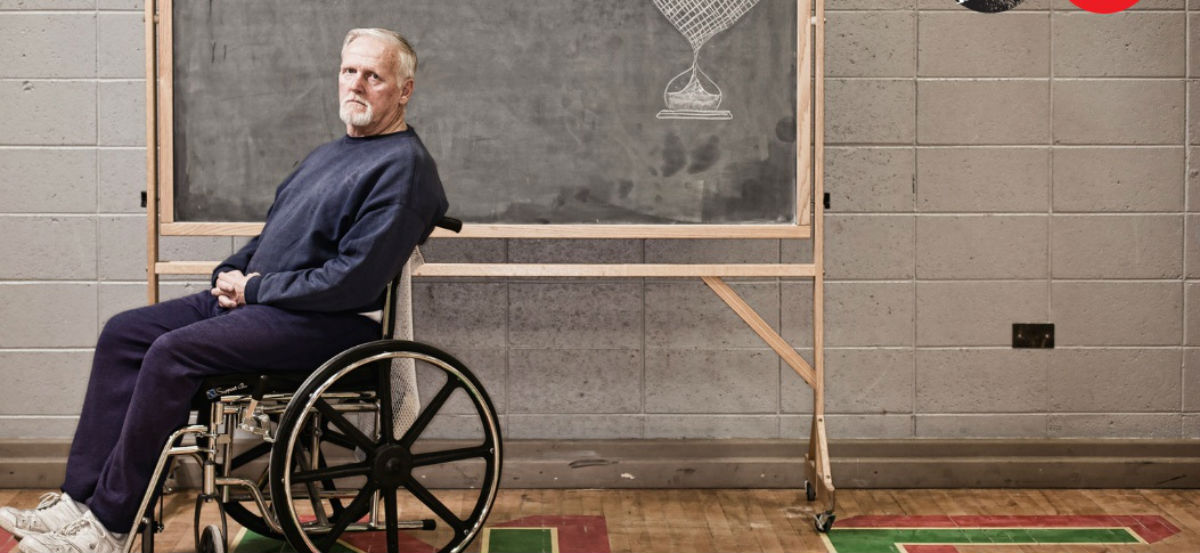
US jails: doctors should support compassionate release, say ethicists
What about the human dignity of prisoners?
Compassion release of prisoners who are suffering from terminal illnesses or dementia is a controversial topic in the United States. Voters worry about the crimes prisoners might commit; victims seethe at the thought of a guilty man walking the streets.
The current issue of the AMA Journal of Ethics contains several features about healthcare during incarceration – an important issue for a country with 2.1 million prisoners. One of the articles contends that “given the importance in medical ethics of upholding dignity, physicians should advocate for the appropriate application and use of compassionate release”.
In fact, compassionate release is rare in the US. More than 4,000 people died in jails and state prisons annually between 2003 and 2011, mostly of heart disease and cancer. The prison population is ageing, with prisoners aged 55 and over rising from 3% in 1993 to 10% in 2013. Palliative care facilities exist in only 69 of 1,719 state correctional facilities. But of 2,621 requests lodged with the Federal Bureau of Prisons, only 85 were granted.
The authors of the article focus, however, not on the practical issues, but on the prisoners’ human dignity.
Upholding human dignity—the inherent value or “inner worth” of every person—is a core ethical principle. Each person has dignity, which is not subject to circumstance and persists regardless of the situational context in which a person may find himself, including incarceration …
A correctional facility that cannot achieve a patient-centered environment, in which dignity-conserving practices are integrated into care, might not meet an appropriate ethical standard of care for the seriously ill. Compassionate release offers a mechanism to shift those patients to settings that can provide appropriate care.
The cause of compassionate release will probably never have star billing at the top of human rights causes, especially in the United States. But as the authors argue, doctors “have obligations to advocate for policy changes when they observe patient dignity being undermined in specific circumstances, such as incarceration.”
Creative commons
https://www.bioedge.org/images/2008images/FB_ageing_prisoners.jpg
compassionate release
prisons
- How long can you put off seeing the doctor because of lockdowns? - December 3, 2021
- House of Lords debates assisted suicide—again - October 28, 2021
- Spanish government tries to restrict conscientious objection - October 28, 2021
